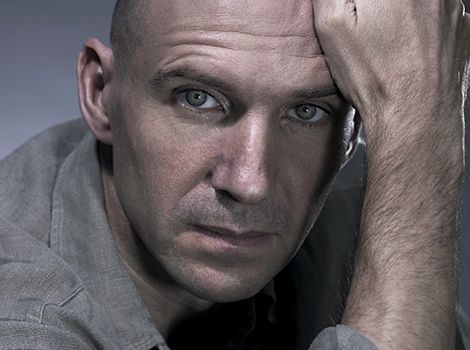I used to ride horses when I was a teenager. Quite often they were slightly insane horses that the owners had tired of. There was Mickey who used to paw the ground when we crossed streams ... indicating she was about to roll and you could only stay on if you imagined you could stop her. There was Nutmeg who made a vet turn away in horror when he health-checked her for her owner.
I was that horse-mad kid for a while. The vet had spotted multiple 'issues' with that big, slightly crazy, ungainly chestnut called Nutmeg. And then there was her paddock-mate, Cinnamon, the ex-racehorse who occasionally raced off with whoever was riding him. He was a geriatric.
I survived.
But there were days, few and far between but enough to keep me going, of sublime happiness. When, just occasionally, everything would come together. The sky would be blue, the air warm, and the horse would be having a best-behaviour kind of day. Those days were the days where being out with the horse was like floating along on my own private cloud of joy.
Writing is like that for me. Just sometimes it all comes together.
Photography I can do anywhere. I enter that state of non-thinking ... that creative space, easily and work almost unconsciously, losing my self in the process. But writing, that's something else entirely.
Writing, for me, comes from another place. It's a space more consciously created. I feed it like I might feed a fire. Building the flame from a spark up into, if I'm fortunate, a roaring fire. And I'm finally learning that sustaining that space or that mood, is the trickiest thing.
I'm almost bullet-proof as a photographer and yet I am as fragile as a butterfly when I write. I had spent two hours building that creative space yesterday. I have a photography exhibition opening on 31 October and the theme is complex. I want to get it right. Dreaming it into being involves writing. Writing involves building the fire.
I was horrified to realise how fragile I was yesterday. How fragile the creation of that space is. At the same time I was glad to finally understand the different creative spaces I inhabit when I move between the two things I love doing best.
I knew I couldn't interview someone and photograph them at the same time but I didn't know why. I think both disciplines ask for a similar depth but they're different. With photography I'm simply searching for the soul, or for a small glimpse of the true core of a person. I want to capture something of who they really are ... to show them their own personal beauty.
When I interview someone it's completely different. I am listening, intently, consciously. I can't lose myself in that photographer space where I don't really exist, where it's all about slipping under the surface of the person I'm photographing. I have to be present with an interview. Later, when I'm writing it up ... perhaps then there's that slippage into the soul. Or, more nicely put, into the shoes of that person.
I was a writer first. I thought that was what I would be in my spare time, after I found a sensible job that paid ... but I never ever learned to protect the space. Photography allows me to move in and out of the creative space with ease. Well ... coming home after a photography shoot is sometimes slightly fraught, as I am empty and exhausted by all I've given but ... I can flick in and out of photography without building a fire slowly.
I love that I will be 50 soon. I love that I'm finally getting curious about who I am and what I do. And I love that I have the opportunity to put together this photography exhibition and explore complicated things while knowing I need to keep the line through it simple and clear. I love that I have to find the poem within the story... the few images that capture multiple layers.
But most of all, I love that yesterday, I finally understood that I need to create and protect the space where I write. That I begin with a spark and build a fire.
Mmmhmmm, only took me 49 years to learn this simple thing ...
Listening to Van Morrison's Into the Mystic today. Working now ...

 On performing Oedipus ...
On performing Oedipus ...



